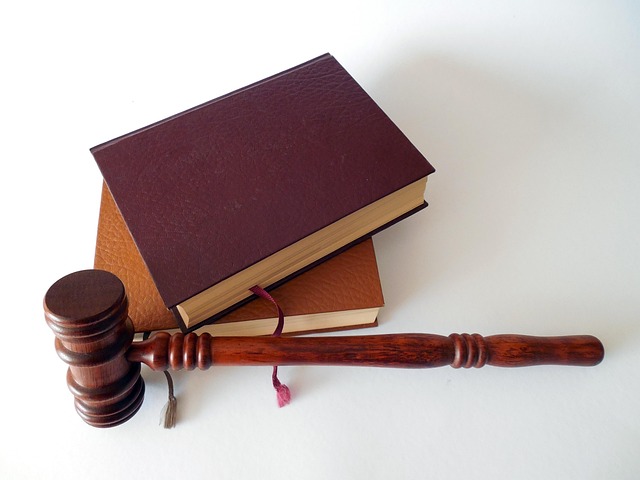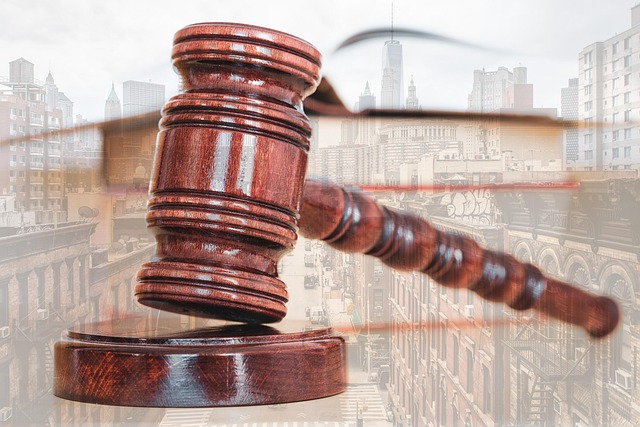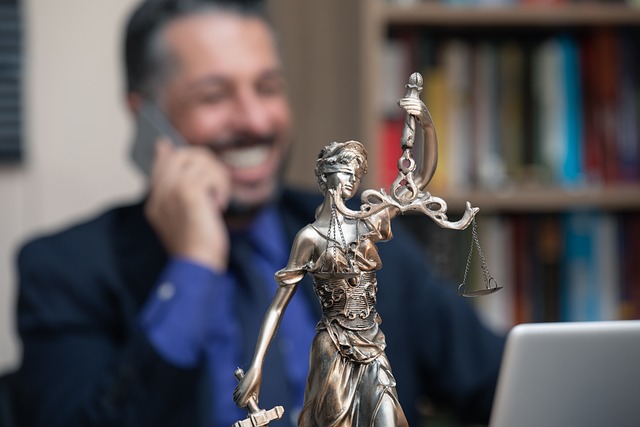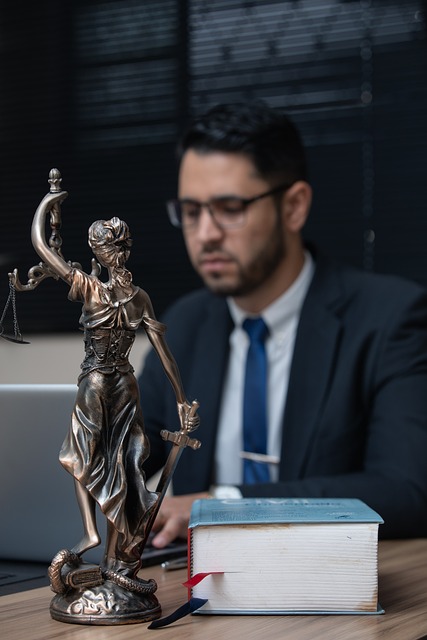Whistleblower Protection Lawsuits play a vital role in upholding justice by ensuring fair treatment for individuals exposing corporate or governmental misconduct, with due process serving as a cornerstone. Through strategic legal handling and ethical conduct, these lawsuits safeguard whistleblowers from retaliation while promoting transparency and accountability. The ultimate goal is to create a balanced system where truth prevails, wrongdoings are punished, and whistleblowers are recognized as heroes, emphasizing the Importance of Due Process in Court.
“Uncovering truths and holding wrongdoers accountable—that’s what whistleblower protection lawsuits are all about. This comprehensive guide explores the intricate world of these legal battles, focusing on the significance of due process in safeguarding whistleblowers’ rights. From understanding the fundamental laws to navigating complex court proceedings, we demystify this critical aspect of public interest litigation.
Join us as we delve into the key considerations, best practices, and the vital role of due process in ensuring justice for those who dare to speak out.”
- Understanding Whistleblower Protection Lawsuits: A Comprehensive Overview
- The Role of Due Process in Protecting Whistleblowers' Rights
- Best Practices for Navigating Court Proceedings in Whistleblower Cases
Understanding Whistleblower Protection Lawsuits: A Comprehensive Overview

Whistleblower Protection Lawsuits are a critical component of ensuring that individuals who expose corporate or governmental misconduct receive fair treatment and protection. Understanding these legal actions is paramount in navigating the intricate process of holding wrongdoers accountable. The significance of due process in court cannot be overstated; it serves as the cornerstone for achieving extraordinary results in whistleblower cases. This involves meticulous handling at every stage, from the initial revelation to the final jury trials.
The protective measures aim to safeguard whistleblowers from potential retaliation while fostering a culture of transparency and accountability. These lawsuits meticulously traverse all stages of the investigative and enforcement process, ensuring that evidence is admissible, rights are protected, and justice prevails. The ultimate goal is to facilitate a balanced system where truth emerges, wrongdoings are punished, and those who come forward with vital information are upheld as heroes rather than targets.
The Role of Due Process in Protecting Whistleblowers' Rights
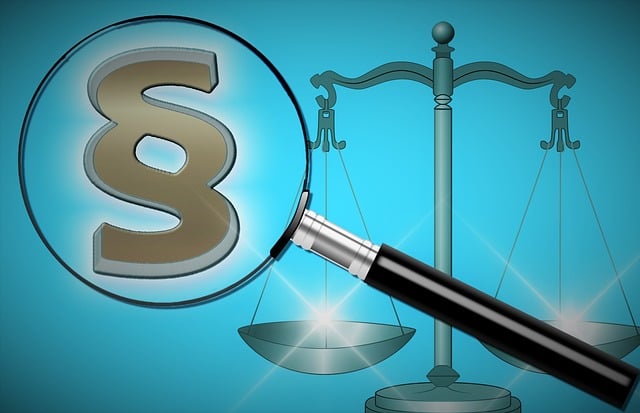
The role of due process is paramount in safeguarding whistleblowers’ rights within the legal system. This fundamental principle ensures that individuals who expose unethical or illegal activities within organizations receive a fair and just hearing. In whistleblower protection lawsuits, due process guarantees that both corporate and individual clients are treated equitably, with their rights to be heard, present evidence, and cross-examine witnesses respected. It’s not just about ensuring a level playing field; it also serves as a crucial check against potential abuses of power by those in positions of authority.
The importance of due process in court cannot be overstated, especially when dealing with complex cases involving white-collar and economic crimes. Jury trials, for instance, play a significant role in upholding this principle by allowing citizens to actively participate in the justice process. This not only ensures transparency but also fosters public trust in the legal system. Whether the whistleblower is from within a corporation or an external source, due process protects their privilege to seek redress while maintaining the integrity of evidence and proceedings.
Best Practices for Navigating Court Proceedings in Whistleblower Cases

Navigating court proceedings in whistleblower cases requires a strategic approach that prioritizes both legal acumen and ethical considerations. Given the sensitive nature of these cases, involving allegations of white-collar and economic crimes, it’s crucial to respect due process at every stage of the investigative and enforcement process. This means ensuring fairness, transparency, and adherence to established legal protocols.
Effective best practices in whistleblower lawsuits emphasize open communication with clients, thorough documentation of evidence, and a deep understanding of the specific laws and regulations relevant to the case. By fostering collaboration between legal teams and clients—particularly those from philanthropic and political communities—the process becomes more efficient and effective. This collaborative approach not only strengthens the case but also fosters trust, ensuring that all parties involved are aligned in pursuing justice while upholding the rule of law.
Whistleblower Protection Lawsuits play a pivotal role in upholding justice and ensuring the integrity of our systems. By understanding the nuances of these cases, from recognizing the rights of whistleblowers to implementing best practices in court proceedings, we strengthen the protection offered by due process. The importance of due process cannot be overstated; it serves as a cornerstone, safeguarding individuals who dare to expose wrongdoing and foster a culture of transparency. Through comprehensive knowledge and thoughtful navigation of legal processes, we can empower whistleblowers while upholding fairness and accountability.
